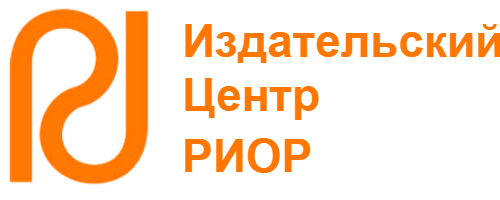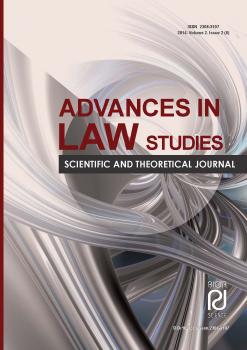Проводимая в России реформа гражданского законодательства оценивается автором с учетом теоретических разработок о формах институциональных изменений. На примере влияния новелл законодательства на отношения собственности в статье доказывается отсутствие ключевого элемента для подобного типа преобразований. Реформа гражданского законодательства не имеет единых стратегических целей во всей правовой системе. Отсутствие единовременного и системного изменения регулирования не только в сфере гражданского законодательства, но и в рамках земельного, административного и прочих отраслей может оказать негативное влияние на эффективность преобразований.
реформа гражданского законодательства; формы институциональных изменений; право собственности; принцип добросовестности; крестьянское (фермерское) хозяйство.
Attention to the legal community in Russia is currently focused on the activities of the Federal Assembly of the Russian Federation. Considered by the State Duma of the Russian Federation there is a package of amendments aimed at making a significant number of changes in the civil legislation of the Russian Federation. The very process of reforming the general provisions of the Civil Code was initiated by the President of Russia in 2008.
On the importance of the mentioned reform of civil law there has been written a lot of articles and monographs. The opinions of scientists have split — someone expresses a positive opinion on changes and other experts give a very negative assessment of legislative decisions.
To generate a certain point of view on the essence of the ongoing processes we offer to evaluate their content side, taking into account the basic forms of dynamics of institutional changes formulated by the G. V. Maltsev. He points to the following basic forms of the dynamics of institutional change [1]:
- update (innovation, novelization) of a separate institution;
- reform of one or more institutions, forming a separate unit of the institutional system, which entails the successive changes in other institutes, links of institutions and in the system as a whole. The task — to rationalize intra relations, improvement of the structural-functional relationships between the elements of the system;
- reform of one or more institutional systems, a significant change in the majority or plurality of social institutions operating in the community. Innovative processes become widespread, and take the form of consistently and simultaneous, echeloned reforms, united by a common aim and directed to the common strategic objectives.
1. Maltsev G. V. Social foundation of law. М.: Norma, 2007. P. 465-466.
2. Vlasova M. V. Property rights in Russia: origin, legal content, ways of development. М., 2007. P. 110.
3. Official website of the Ministry of Agriculture and Food of the Ryazan region as on 08.08.2013 http: //www.ryazagro.ru.
4. Decision of the Government of Moscow Region dd 26.06.2012, № 866/22 «On the implementation of measures to support beginning farmers and development of family livestock farms in the Moscow region.» In the Moscow region there is also developed a range of measures to support farmers in registration of land ownership.
5. Maltsev G. V. Social foundation of law. М.: Norma, 2007. P. 466.
















